Answering the phone in Japan isn’t just about picking up the receiver and saying hello. Just like in face-to-face communication, Japanese phone etiquette follows a strict set of rules rooted in politeness and social hierarchy. You will often hear keigo 敬語, the formal and respectful language used in professional or unfamiliar settings. These conversations also highlight the strong sense of group identity and company culture in Japan.
But what about the famous moshi moshi (hello)? Where does it come from, and when should you actually use it? In this article, we will break down the essential phrases and customs you need to know when making or answering phone calls in Japanese.
Moshi Moshi: Why do Japanese People Say This When They Answer the Phone?
The typical greeting when answering the phone is moshi moshi もしもし, used to initiate the dialogue. The expression comes from moshimasu 申します, a polite form of the verb mosu, to say. While it translates literally to “I’m about to speak”, the implication is more akin to “Hello, can you hear me?” Basically, it is a request for confirmation that the connection has been established.
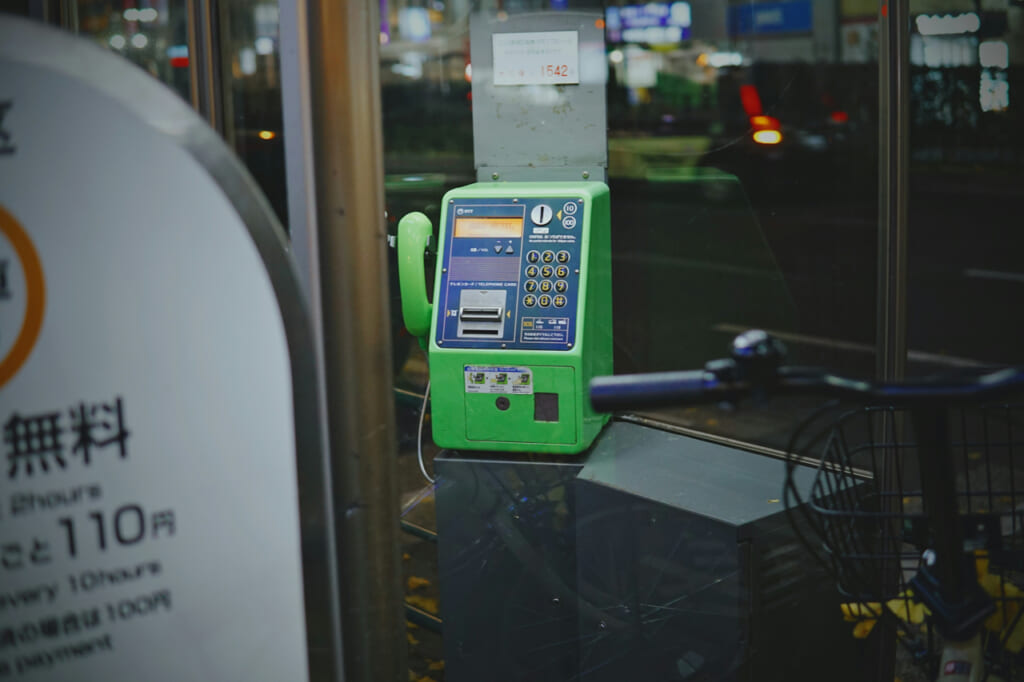
Moshi was used during the Meiji period by aristocrats and bureaucrats after Japan opened its first telephone lines in 1897. In order to call another individual, people first had to connect to a telephone switchboard operator. They would say “moshi”, as in “I’m going to say something”. This “moshi” was repeated at least once because the connection was often bad, and it was common not to hear someone or catch what they were saying. So gradually this repetition of moshi became a standard telephone greeting, much like our “Hello?”
How to Ask for a Friend on the Phone
When calling a friend’s home, begin by saying the famous moshi moshi as a friendly greeting. Then introduce yourself: ○○です (○○ desu), “This is XX.” Then ask for your friend by name: ○○ san wo onegaishimasu ○○さんをお願いします, “May I please speak to XX?”
Remember that moshi moshi is more familiar in tone, preferably used for family and friends, eventually for a stranger.
How to Make a Professional Telephone Call
In a more formal situation, especially in the corporate and business worlds, it’s best to avoid the more casual moshi moshi, which risks coming across as rude and somewhat disrespectful.
Most important is to specify the group or company (kaisha -会社) that you are representing. A typical self-introduction begins with the name of your company, followed by your name: Konnichiwa, YY[sha] no XX desu こんにちは、YY[社] の XX です, “Hello, this is XX from YY company.”

To ask to speak to a specific individual, you can also say: ○○ san wo onegaishimasu ○○さんをお願いします. Don’t forget to specify the person’s title and department, which are especially helpful when several people with the same name work at the same company. In case you forget to introduce yourself first, the operator or receptionist will ask: dochira sama desu ka どちら様ですか, “May I ask who is calling?”
How to Answer the Phone in a Professional Setting
A professional way to answer the phone is: hai, ○○ de gozaimasu はい、○○でございます ), “This is XX.” Or: O-denwa arigatou gozaimasu お電話ありがとうございます, “Thank you for calling.”
To ask someone to please hold, you can say: Chotto matte kudasai ちょっと待ってください, or more honorifically in keigo: shosho o-machi kudasaimase 少々お待ちくださいませ.
If you want to express a position of modesty before stating your business, as is customary in professional situations, you can prelude your conversation with o-isogashi tokoro shitsurei itashimasu お忙しいところ失礼いたします, literally “you are busy, I’m being rude (to bother you)”.
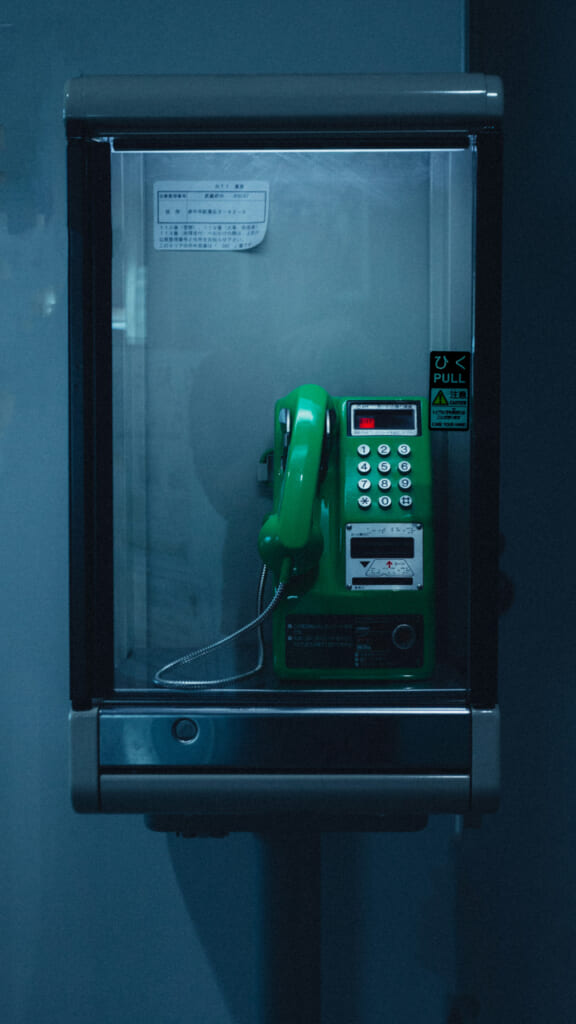
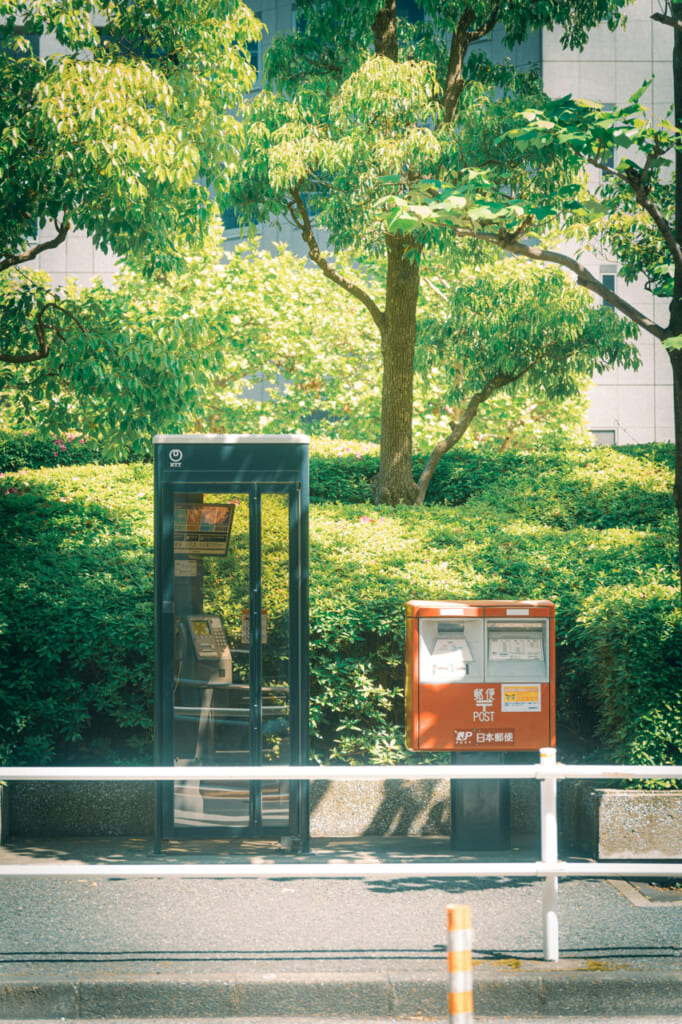
A crucial element of professional telephone etiquette is to be sure to end your conversation with shitsurei shimasu 失礼します, as a way of saying “sorry for bothering you”. To politely conclude your exchange with a client or supplier, the conventional expression is o-sewa ni natte orimasu お世話になっております, “Thank you for your support, thank you for working with us.” You can also use this expression when answering the phone.
See also how to say “thank you” in Japanese, and the meaning of expressions such as Itadakimasu or Otsukaresama.
Post-2011 Popularity of LINE Messaging App
Although fairly recent, communicating via the LINE smartphone messaging application is so widespread now that even the government uses it to reach out to citizens. Launched in 2011 after the Tohoku earthquake and tsunami to offset some of the traffic load on the telephone lines, LINE was so immediately successful that within just a few years it became the most popular messaging app in Japan. Today it is pretty much the default, used by more than half of all Japanese residents.
As a free app, LINE uses the Internet to relay your text messages, audio, and video calls. When you meet someone in person, simply scan their QR code with your phone to add them to your LINE contacts!
The app also offers other services: selling digital stickers and emoticons (very popular), LINE Pay for making purchases in convenience stores, photo and video sharing, voice messages, live video streaming, filters, games (Face Play), personal storage space (Keep)…
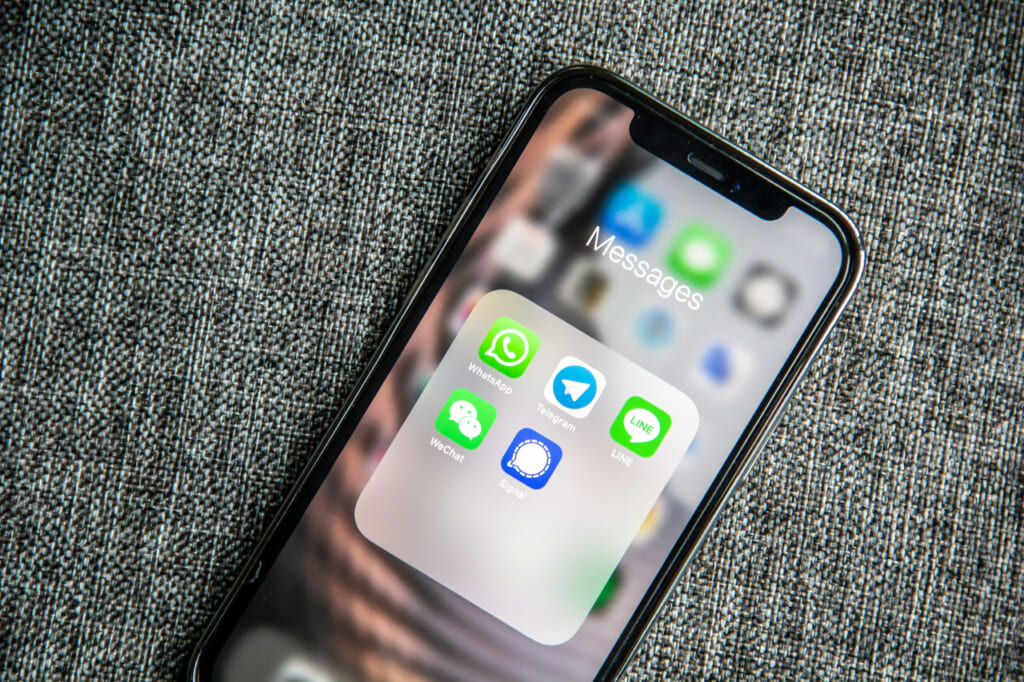
In Japan, telephone etiquette is just as, if not more, ruled by conventional codes and expressions of politeness as face-to-face conversations. Moshi moshi is used for informal phone calls. In a professional context, honorifics are deployed in the form of keigo, as well as expressions that convey modesty or humility on behalf of the speaker and respect for the other person.
Translated by Cherise
Cover photo by Senad Palic
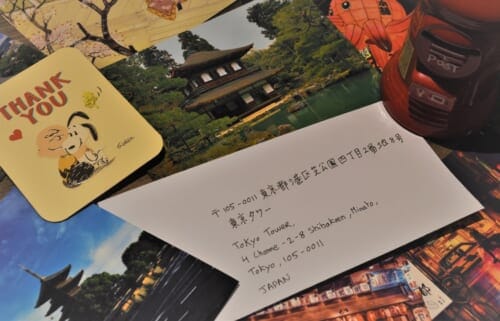
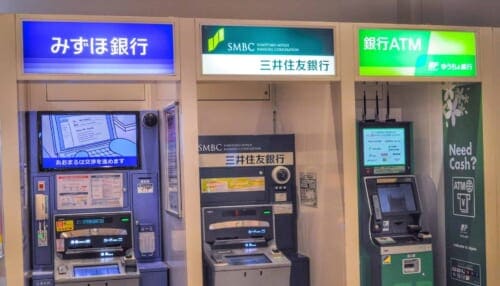

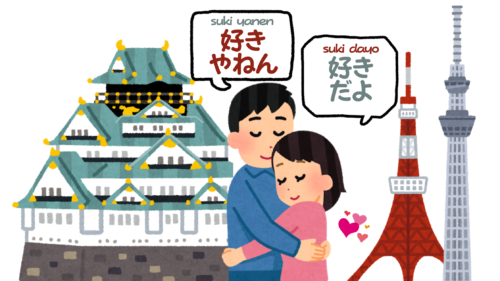





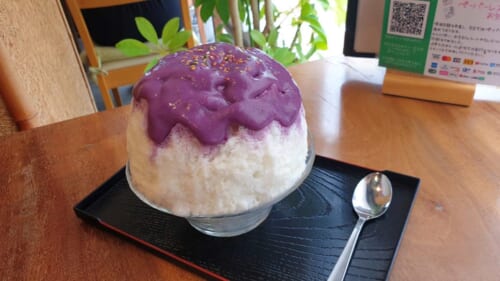
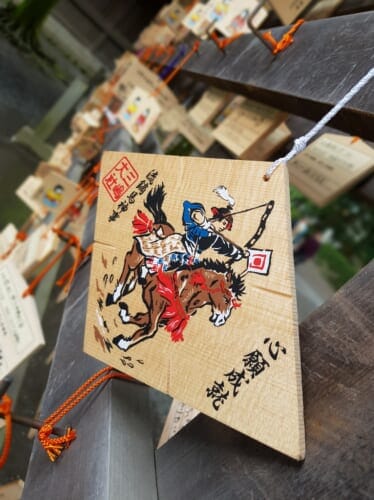


No Comments yet!